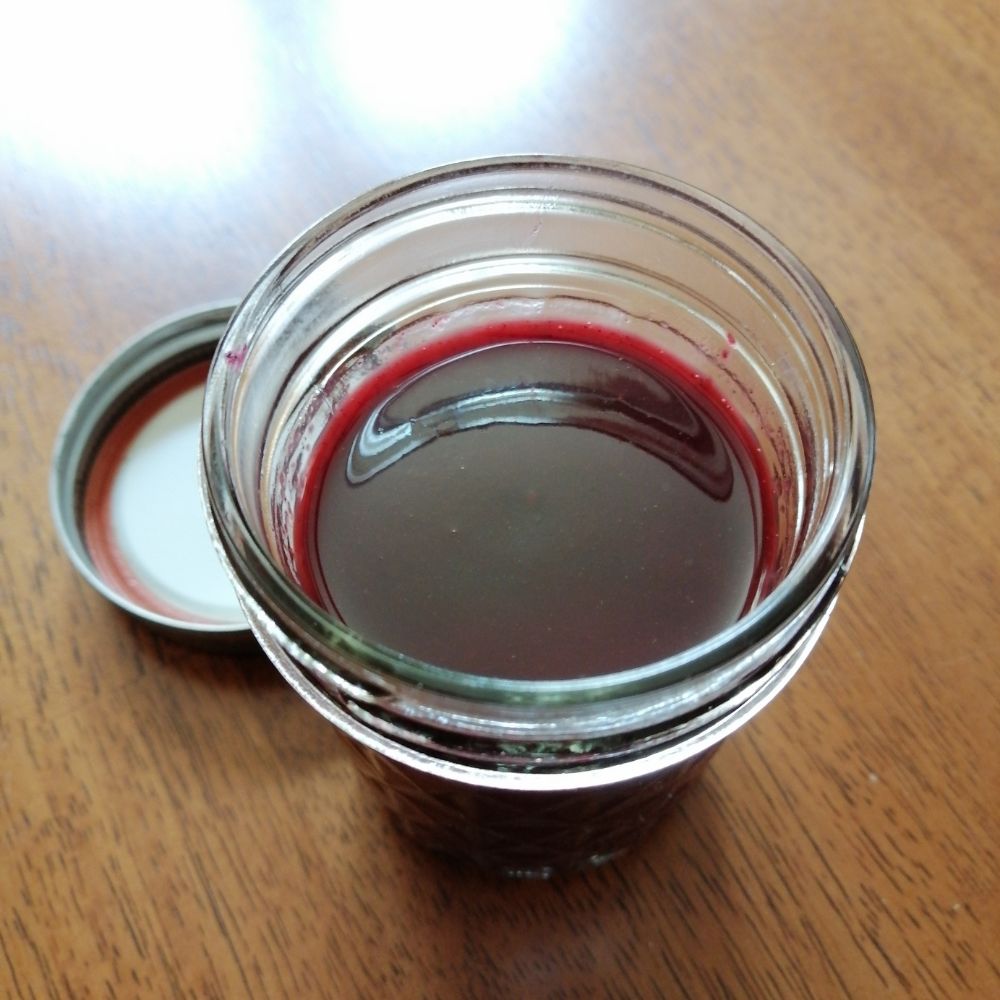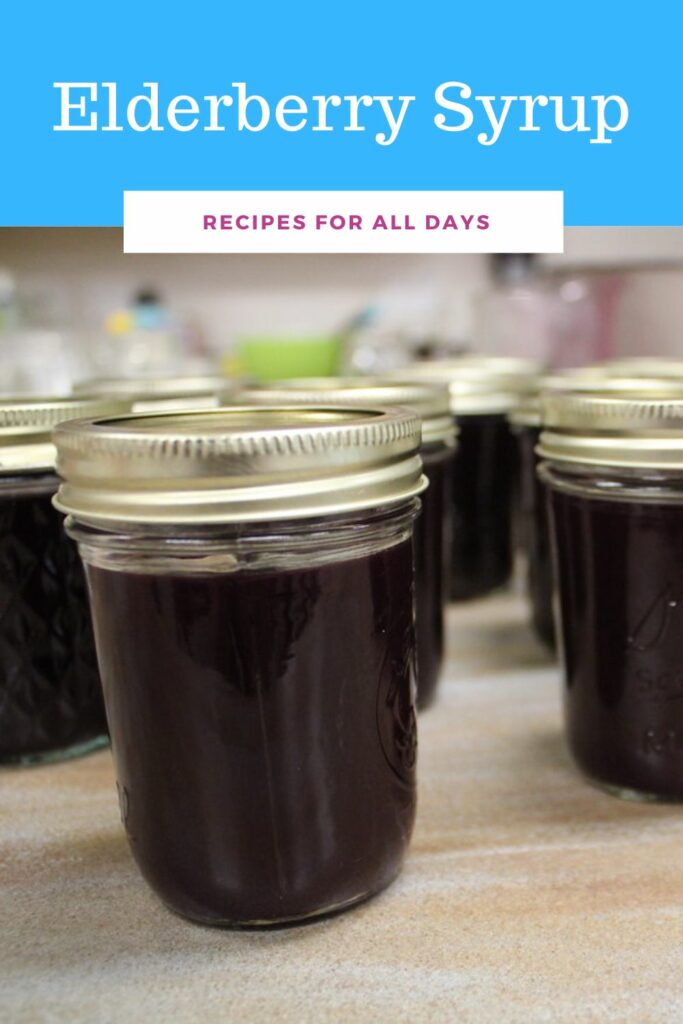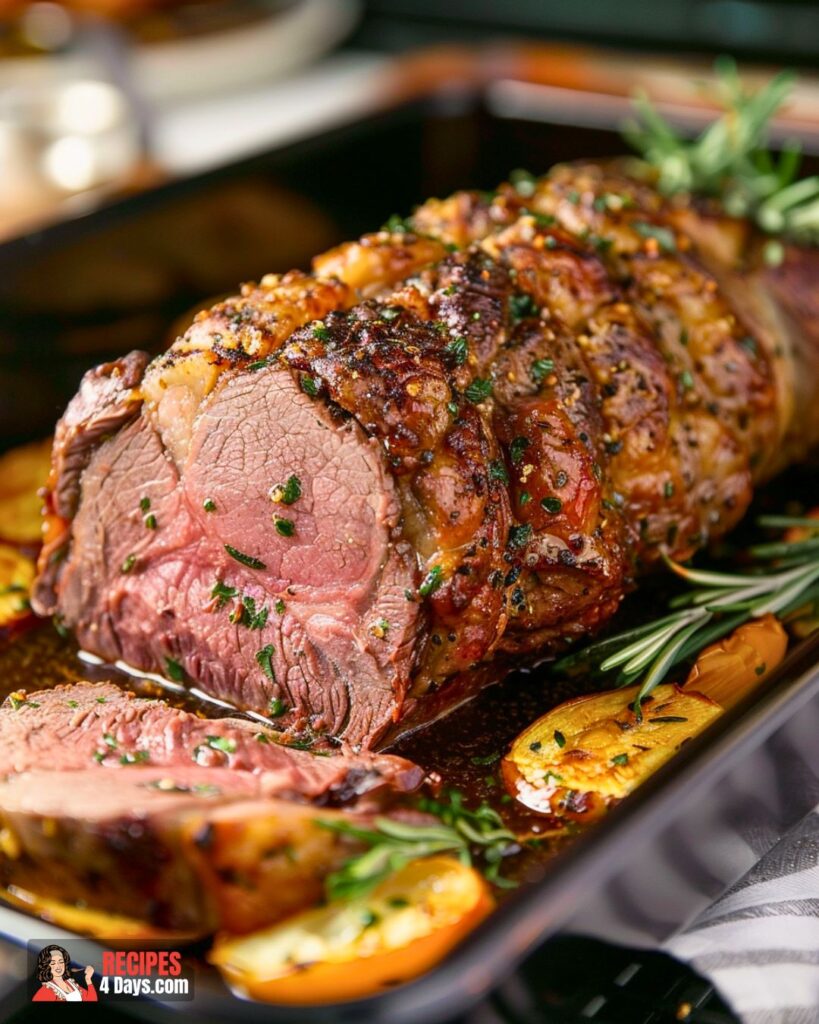Elderberry syrup has gained popularity in recent years as a natural remedy for colds and the flu. Not only is it a delicious topping for pancakes, waffles, and desserts, but it also offers numerous health benefits. Packed with antioxidants and rich in vitamin C, elderberry syrup has been used for centuries as a potent immune booster. In this article, we will explore the benefits of elderberry syrup, how to make it at home, and answer some frequently asked questions.
What does elderberry syrup do for you?
Elderberry syrup is known for its powerful immune-boosting properties. The berries themselves are a rich source of vitamin C, providing approximately 58% of the recommended daily value in just one cup. Additionally, elderberries are packed with antioxidants that can protect cells from damage, potentially reducing the risk of heart disease and cancer.
Is it OK to take elderberry syrup every day?
Absolutely! Taking elderberry syrup daily is safe and can provide a host of benefits. Elderberries are a great source of vitamin C, polyphenols, and other beneficial compounds. Incorporating elderberry syrup into your daily routine can support your immune system and overall well-being.
Is elderberry syrup for cough?
Yes, elderberry syrup has been used for centuries as a natural remedy for coughs, colds, and even mild cases of the flu. The syrup can help alleviate symptoms and support the body’s immune response.
Who should not take elderberry?
While elderberry syrup is generally safe for most adults, there are a few groups who should avoid it. Children under the age of one should not consume elderberry syrup due to the risk of botulism. Additionally, pregnant or breastfeeding women should exercise caution and consult with their healthcare provider before using elderberry products.
How much elderberry syrup is safe?
There is no standard medical dosing for elderberry syrup, but it is generally considered safe for adults to take one tablespoon orally daily for prevention. When fighting a cold or the flu, it is recommended to take one tablespoon every 2-3 hours. However, it’s always best to consult with a healthcare professional for personalized advice.
Is elderberry better than vitamin C?
Elderberry is a reliable source of vitamin C. While the vitamin C content may vary depending on factors such as the type of elderberry and the harvesting process, elderberries are generally considered a good source of this essential nutrient. In addition to vitamin C, elderberries offer a range of other beneficial compounds, making them a valuable addition to your diet.
Benefits of Elderberry
Aside from its immune-boosting properties, elderberry has a long history of traditional use for various health benefits. Here are some potential advantages of incorporating elderberries into your routine:
1. Antiviral and antimicrobial properties: Studies suggest that elderberries possess antiviral and antimicrobial properties, which can help combat infections and support overall health.
2. Rich in antioxidants: Elderberries are packed with anthocyanins, the compounds responsible for their dark-blue color. These antioxidants can help reduce inflammation and promote heart health.
3. Potential anti-inflammatory effects: Elderberries contain flavonols, including quercetin, known for their anti-inflammatory properties. Research has shown that quercetin supplements may help reduce stiffness and pain in conditions such as rheumatoid arthritis.
4. Possible mood-boosting effects: Some studies suggest that elderberry may have  anti-depressant effects, contributing to improved mood and mental well-being.
anti-depressant effects, contributing to improved mood and mental well-being.
How to Make Elderberry Syrup
Making elderberry syrup at home is a cost-effective and rewarding process. Here’s a simple recipe to get you started:
Ingredients for Elderberry Syrup
– 3 cups water
– 1 cup fresh elderberries
– 1 cinnamon stick
– 3 whole cloves
– 1 teaspoon minced fresh ginger root
– 1 cup honey
Instruction to perpare Elderberry Syrup
1. In a saucepan over medium heat, combine water, elderberries, ginger, cinnamon stick, and cloves. Bring the mixture to a boil, then reduce the heat to low and let it simmer for 30 minutes.
2. Mash the berries with a potato masher to release their juices. Strain the mixture through a fine sieve, discarding the pulp, cinnamon stick, and cloves. Allow the liquid to cool for 30 minutes.
3. Stir in the honey until thoroughly combined.
4. Transfer the syrup to a lidded jar and store it in the refrigerator for 2 to 3 months.
Tips:
– If desired, you can substitute honey with simple syrup or agave nectar.
– Don’t have fresh elderberries? You can use 1/2 cup of dried elderberries instead.

Homemade Elderberry Syrup
Ingredients
- 3 cups of water
- 1 cup of fresh elderberries
- 1 cinnamon stick
- 3 whole cloves
- 1 teaspoon of minced fresh ginger root
- 1 cup of honey
Instructions
- In a saucepan over medium heat, combine the water, fresh elderberries, minced ginger root, cinnamon stick, and whole cloves. Bring the mixture to a boil.
- Once boiling, reduce the heat to low and let it simmer for 30 minutes, allowing the flavors to infuse.
- Using a potato masher or spoon, mash the elderberries to release their juices.
- Place a fine sieve over a bowl or container and pour the mixture into it, straining out the pulp, cinnamon stick, and cloves. Gently press the berries to extract as much juice as possible.
- Allow the strained liquid to cool for approximately 30 minutes.
- Add the honey to the cooled elderberry juice and stir until thoroughly combined.
- Transfer the elderberry syrup to a clean and lidded jar or bottle.
- Store the syrup in the refrigerator for up to 3 months.
Notes
- Adjust the sweetness by adding more or less honey according to your taste preferences.
- Use the elderberry syrup as a topping for pancakes, waffles, or ice cream, or take it in 1-tablespoon doses as a cold and flu remedy.
- If fresh elderberries are not available, you can use 1/2 cup of dried elderberries as a substitute.





